Kolkata-based zoologist Rubina Mondal gets curious about the ubiquitous and adaptable streetie in the first study of its kind
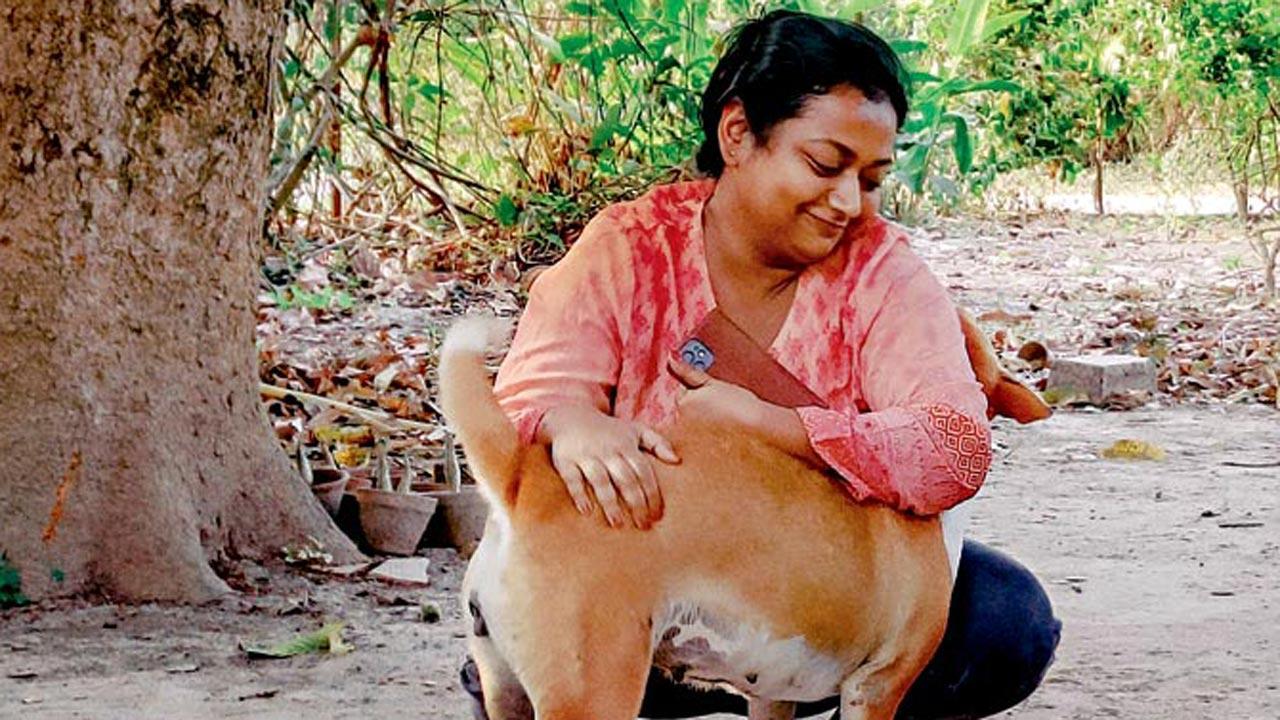
Rubina Mondal with streeties
Researcher Rubina Mondal works at the Dog Lab in Kolkata, which sounds like a place for science and wags. With a background in Zoology and Ecology, heavy involvement with rescue and treatment of street dogs in and around the campus led to a PhD thesis on free-roaming dogs (FRDs)—dogs who live in human habitats and are not bred intentionally by for a purpose, unlike purebred dogs.
ADVERTISEMENT
We know them as indies, streeties, pariahs, community dogs, and there are about 70 million of them living alongside us (not necessarily with us) in India. “From a purely scientific perspective,” says Mondal, “dogs are a fascinating species. They are the first domesticated species, which means humans and the ancestors of dogs formed a mutual alliance, based on shared benefits almost 15,000 to 20,000 years back.”
Mondal holds that due to cultural and social perspectives, FRDs do not get the respect and welfare considerations that purebred dogs get. “[So] I decided to combine my passion for dogs and background in science to understand them behaviourally, physiologically and find methods to improve their welfare across streets, shelters and homes.
Her two-part survey received more than 1,500 responses from all over India, and around 100 from the rest of the world, including UK, France, USA, and Canada. Mondal shares some of the most fascinating insights of her study with us.
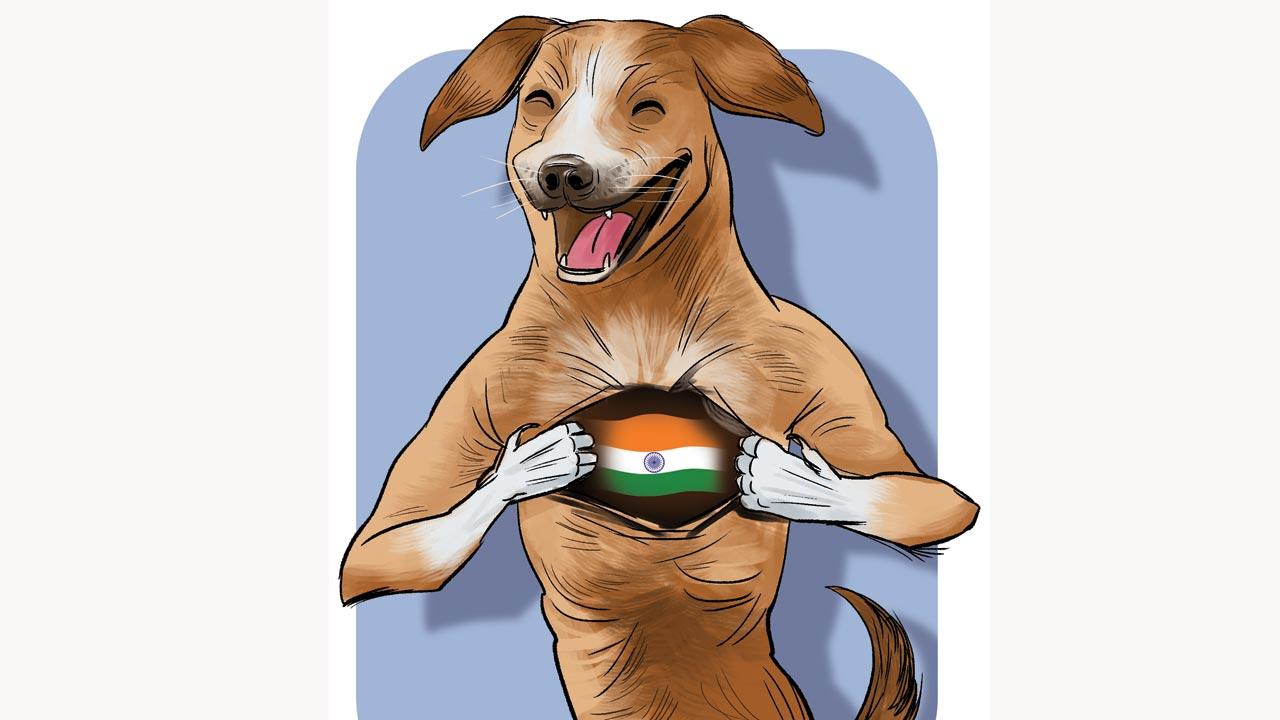
. FRDs show territoriality and greater aggression to stranger humans and dogs.
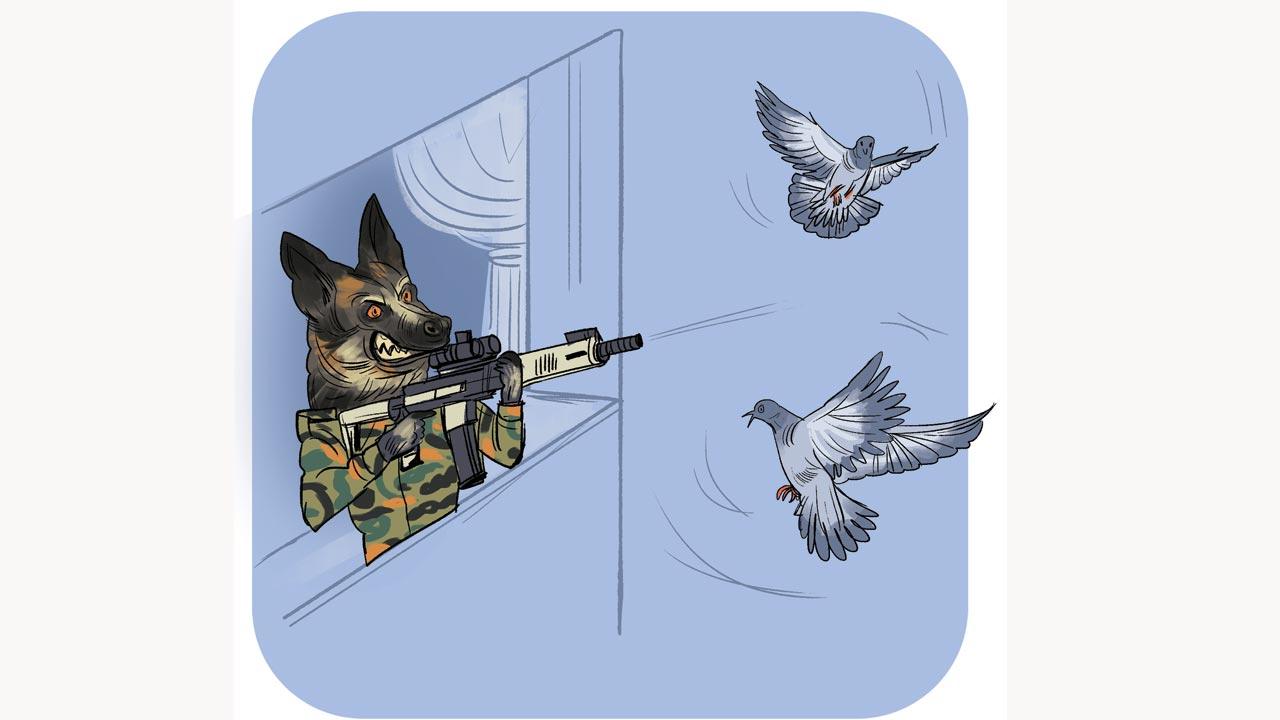
. They have a strong prey drive, which is why they chase rats, squirrels, and birds out of their homes, and bark enthusiastically
. FRDs are the original, naturally adapted descendants of the earliest dogs and comprise 70 to 80 per cent of the world’s total dog population.
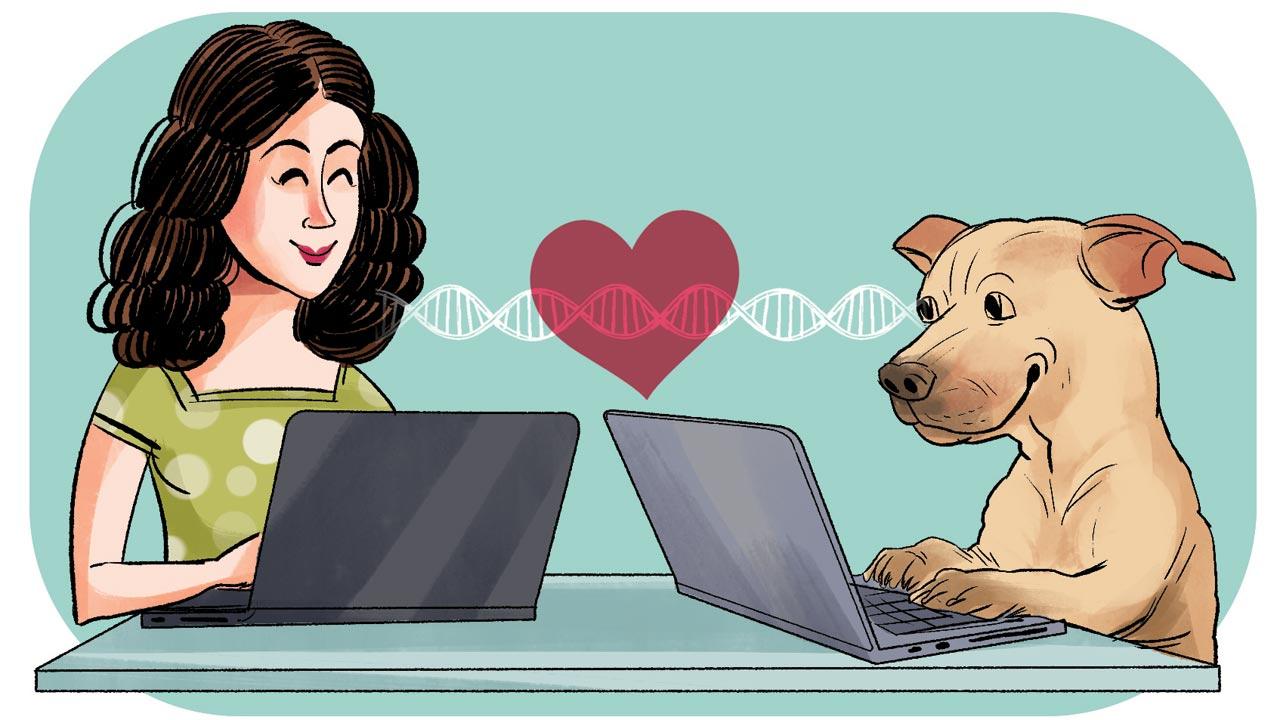
. Both species have hacked into each other’s brains and nervous systems to train the other for shelter, safety, and food. Being together boosts oxytocin and dopamine in both species—closest to a mother-child bond among humans
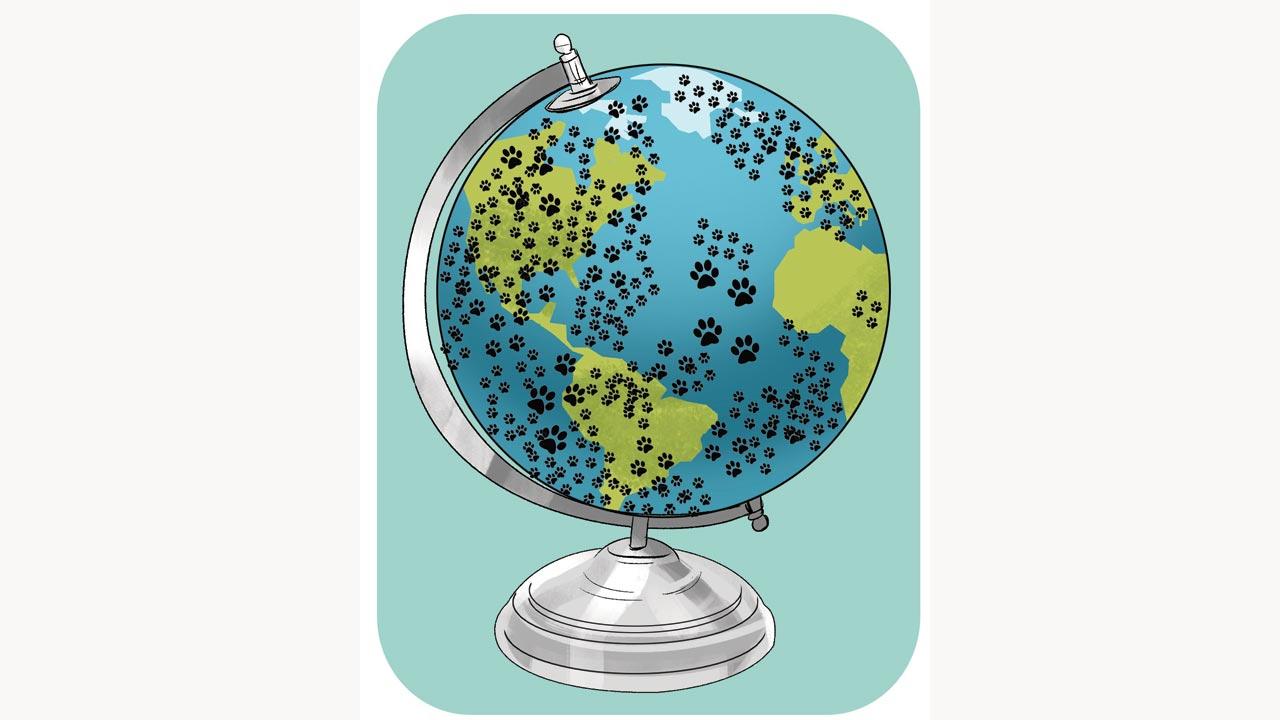
. Dogs have followed us on all global expeditions, been to space before us, and are found in almost every human settlement on Earth. No other species is so adaptable across such a large gradient of environmental conditions
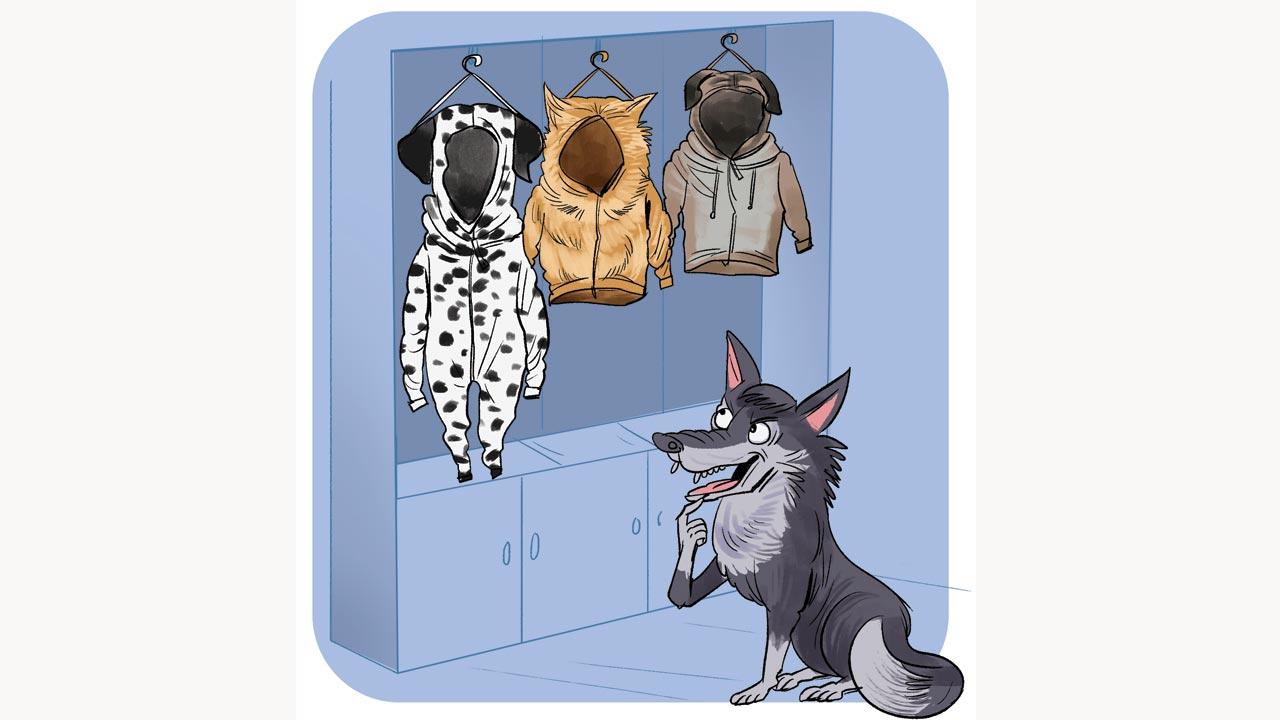
. There are about 400 recognised, human-made dog breeds. No other species displays such an astounding amount of external variation in size, colour, fur type, facial characteristics.

. The pack is a joint family. Grandmothers, aunts, daughters, sisters help raise pups. Dads and uncles play with them, teach social skills, and discipline them.
. Over thousands of years of co-evolution, they have learned to follow the trajectory of the pointed human finger (a nonverbal cue by a different species!). Human babies understand pointing gestures at two to three years of age.
They have amazing problem-solving skills: They can crack raw eggs, carefully scoop out the insides and discard the shells.
. The breed name ‘Pariah’ was coined by the British. Under racial prejudice, any ‘homeless’ person (based on caste and financial status) was an outcast or untouchable.
. ‘Indie’ indicates that they belong to India and ‘streeties’ that the streets are their home. They have not ‘infiltrated’ our society; they have evolved among human settlements.
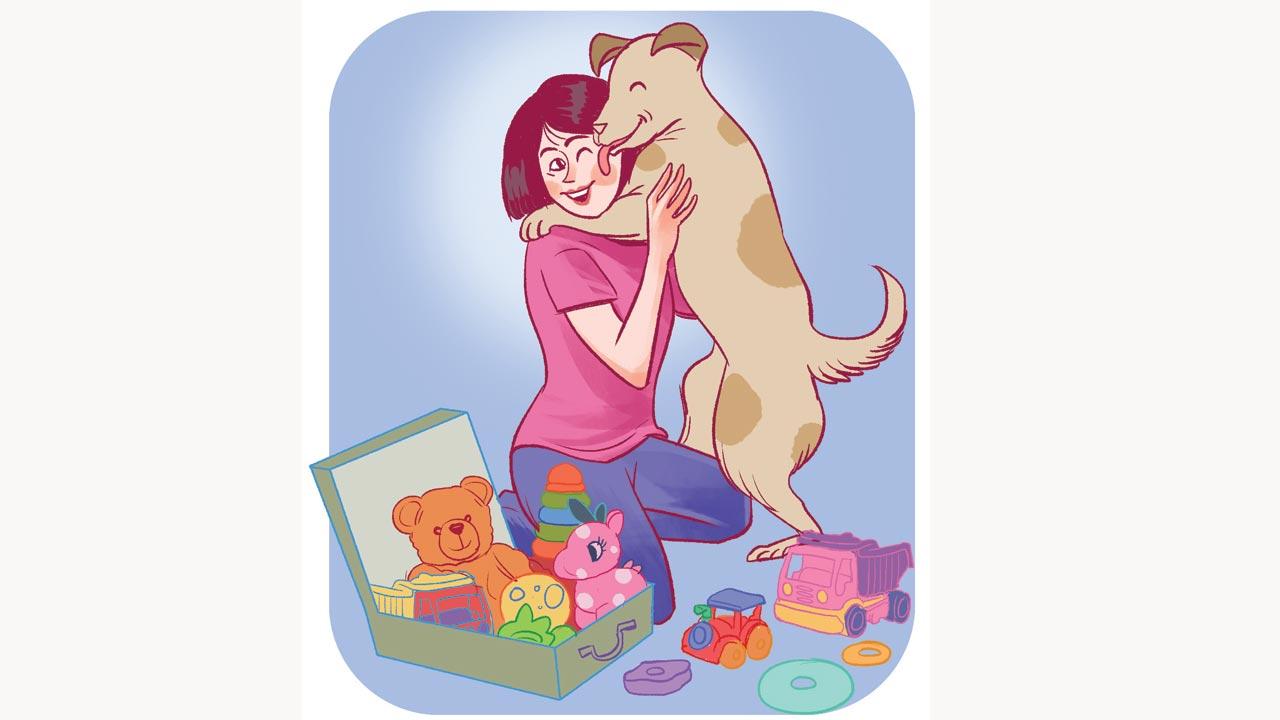
. Humans report very high levels of emotional closeness with their FRDs, and very low levels of perceived costs—i.e., they perceive the headache of keeping a dog to be lower than the very high amount of love they receive
Mondal’s suggestions to get along with community dogs
. Community animal friendly spaces in housing societies and cities
. Strict pet registration
. Responsible adoption and legal action against careless owners
. Sensitisation and awareness programs about dog behaviour and body language to decode what the dog is saying and how to behave in response
. Mandatory inclusion of animal welfare in the school curriculum
. Strict crackdown on illegal breeding
. Greater career prospects in the field of animal welfare
. Stronger government and corporate support for genuine rescue and welfare organisations
. Data-driven and science-backed evidence-based measures to guide welfare
 Subscribe today by clicking the link and stay updated with the latest news!" Click here!
Subscribe today by clicking the link and stay updated with the latest news!" Click here!







